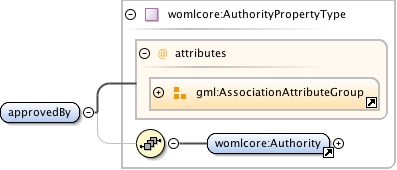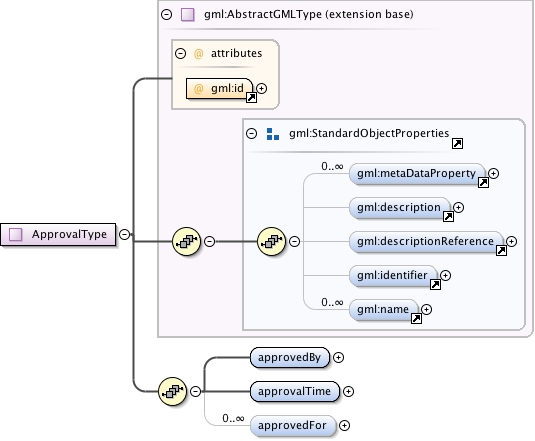| Namespace | http://xml.fmi.fi/namespace/woml/core/2011/11/15 | ||||||||||||||||||||||||||||||||||||||||||||||||||||||||||||||
|
Diagram
|
 |
||||||||||||||||||||||||||||||||||||||||||||||||||||||||||||||
| Type | womlcore:AuthorityPropertyType | ||||||||||||||||||||||||||||||||||||||||||||||||||||||||||||||
|
Properties
|
|
||||||||||||||||||||||||||||||||||||||||||||||||||||||||||||||
| Model | womlcore:Authority | ||||||||||||||||||||||||||||||||||||||||||||||||||||||||||||||
| Children | womlcore:Authority | ||||||||||||||||||||||||||||||||||||||||||||||||||||||||||||||
|
Instance
|
|
||||||||||||||||||||||||||||||||||||||||||||||||||||||||||||||
|
Attributes
|
|
||||||||||||||||||||||||||||||||||||||||||||||||||||||||||||||
|
Source
|
|
||||||||||||||||||||||||||||||||||||||||||||||||||||||||||||||
| Schema location | http://xml.fmi.fi/schema/woml/core/2011/11/15/woml-common.xsd |


